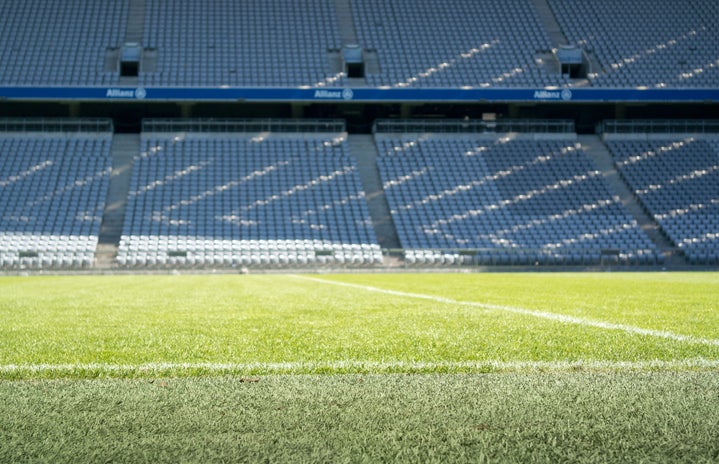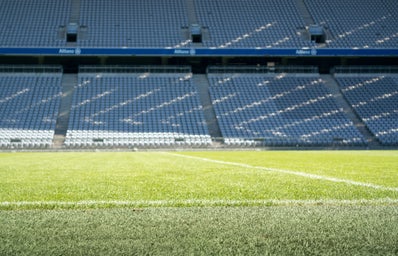At an interview with ESPN at the end of March, Tottenham’s striker, Richarlison, commented on one of the toughest moments of his life up to that point, where he faced depression after the 2022 World Cup.
The forward reveals that personal problems and the defeat after the World Cup gradually destabilized him. The so-called followers went from being big fans to spreading hate after the Brazilian national team’s sad elimination.
After this episode, the athlete suffered a blow from the agent Renato Velasco, who had represented him for years in his career, even living with Richarlison. Due to the contract, Velasco remains his agent, but he and the player no longer have ties with him.
“Of all people, it seemed like I was mentally strong, but after the World Cup, it seems like everything collapsed“
Richarlison confessed during the interview
MENTAL HEALTH AND THE DREAM OF ASCENDING
Players from outskirt communities, where soccer was seen as something that went beyond mere entertainment and became a path to change their realities, tend to deal with excessive self-demands to avoid the possibility of losing everything and constantly prove themselves in their professional lives.
The Brazilian fans are known for their intense passion, but also for their other side when things don’t go well. Players are often targets of insults and threats on their profiles after significant defeats. The exaggerated expectations placed on the athletes, created through the false impression that their lives revolve solely around sports, also contribute to the pressure they put on themselves.
In light of this, it is necessary to set aside, for a moment, the idol view to recognize players as ordinary people who face difficult situations and moments between their personal and professional lives; also remembering that these occurrences affect their performance on the field. The high performance of the athlete depends on a series of factors that go beyond physical and tactical preparation; mental health is an essential part of their performance.
Despite the importance of psychological care in professional development, only a few clubs in the top division of the Brazilian Championship provide psychological assistance to athletes, some of them being Corinthians, São Paulo, Palmeiras, Santos, Botafogo, and Vasco.
Attention to emotional regulation is a way to improve team performance, as self-awareness directly influences the players’ performance. Dudu and Calleri are other players involved in the theme of mental health in soccer.
RACISM AND HOSTILITY IN INTERNATIONAL soccer
Racism in soccer is not new. In addition to internal pressures, many Brazilian players face racism when playing in foreign leagues. The experience of being the target of racist insults can be devastating and inhumane for athletes facing racial discrimination in countries where they lack close family or cultural support.
At the end of March, Real Madrid’s star, Vini Jr., took a stand on social media after once again being the target of racism, this time calling for punishment for the attacks he received from Atlético Madrid fans.
Cases like this illustrate not only the challenges faced by Brazilian players regarding racism in international soccer but also the urgent need to combat this crime.
Racism not only undermines the integrity of the sport but also has a severe and profound impact on the mental health of affected players. The positioning of authorities and organizations within the sport is an urgency for concrete measures and punishments to be applied effectively to combat racism in soccer, ensuring that players of all backgrounds feel safe, respected, and seen on the field.
While Brazilian soccer continues to be celebrated as a source of passion and entertainment, it is crucial to recognize and address the challenges faced by athletes who play the sport. This requires awareness that promotes openness and discussions about mental health issues, as well as concrete measures to combat racism and hostility in stadiums and on social media. Thus, players will find the necessary support to preserve their mental health and prosperity on and off the field.
————————–
The article above was edited by Julia Tortoriello.
Liked this type of content? Check Her Campus Cásper Líbero home page for more!


